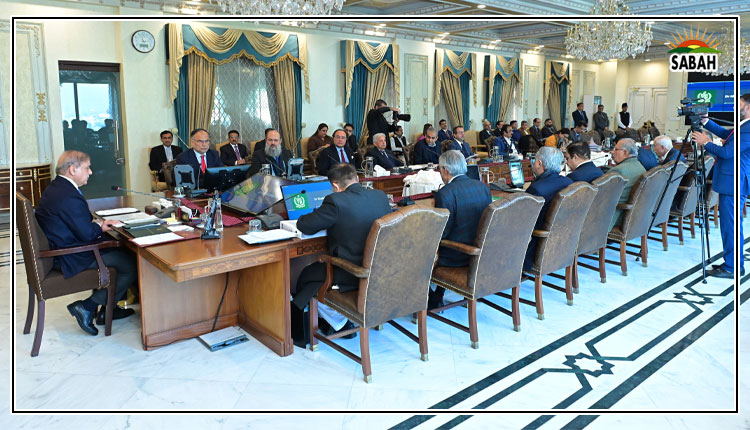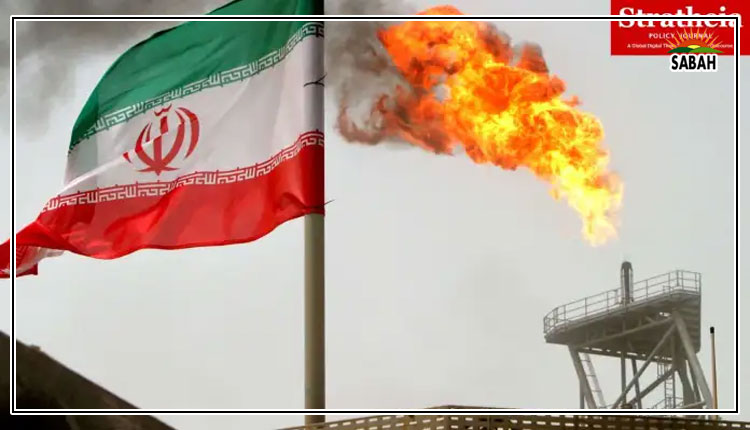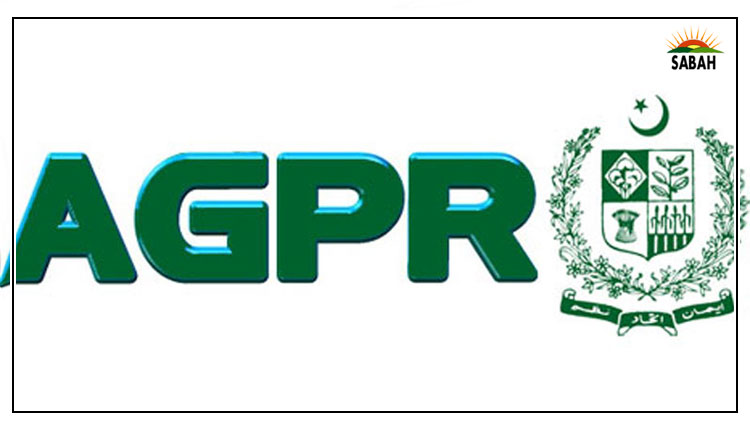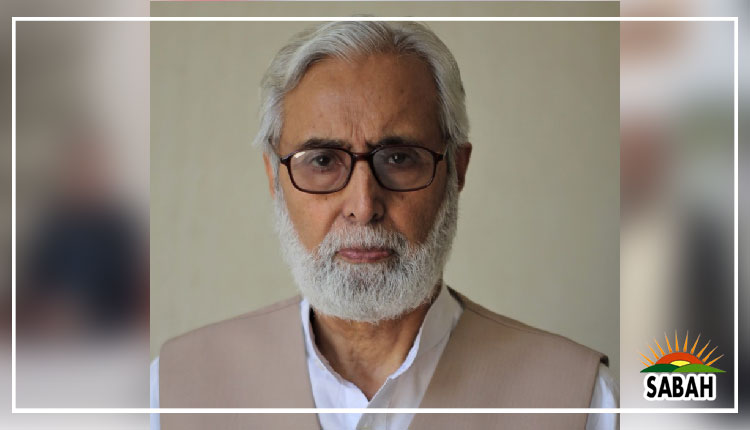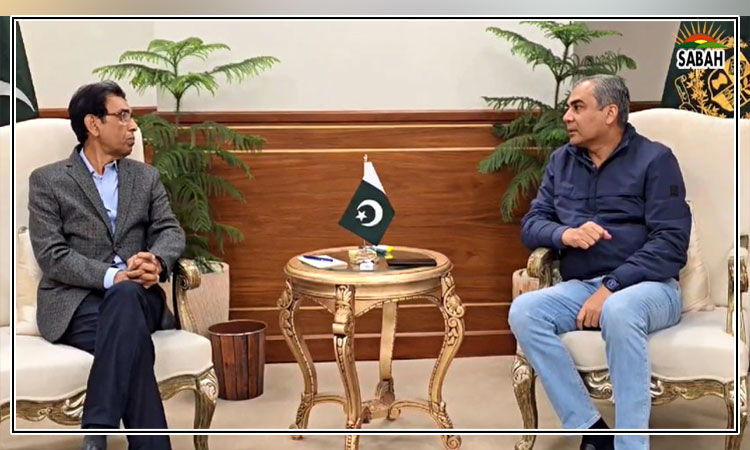Ambiguity surrounding BJP’s Kashmir policy…. Durdana Najam
Trump’s time in Washington is marked with three important decisions.
The first decision relates to Afghanistan, where the US had been engaged in one of the longest wars in history. Twenty years of mostly macabre presence did little to persuade the Afghans to shelf their traditional tribal warfare scheme of things in the national interest. The Afghan Taliban refused to comply with nothing less than the US exit from their country. Trump agreed to the quest with an argument that it was for the region to take care of terrorism emanating from Afghanistan and not a country that resided thousands of miles away.
The second decision relates to Israel. Washington recognised Jerusalem — a disputed territory between the Jews and the Palestinians — as Israel’s capital, upending seven decades of the American foreign policy. It coincided with the US-propelled decisions of the UAE, Bahrain and Morocco to recognise Israel as a part of the Middle East.
The third decision relates to the Jammu and Kashmir Reorganization Act 2019. The law abrogated Article 370 and brought Kashmir under the direct control of India. The decision led to one of the longest lockdowns in Kashmir history, exacerbated by the Covid-19 lockdown.
All these decisions have had implications for regional and global peace and stability.
Ever since the annexation of Kashmir with India and the hasty, unprepared and unplanned exit of the Americans from Afghanistan, terrorism has returned to the Pak-Afghan borders with the ramification of spreading its wings farther into India and other neighbouring countries. The indifference exhibited by the international establishment is reminiscent of the hasty departure of the US from Afghanistan in 1989 that eventually led to international terrorism culminating in the felling of the twin towers and the attack on the Pentagon —the symbols of capitalism and the US defence power.
There is a similarity between the issue of Kashmir and Israel.
Under a senseless partition plan and an arrangement that backed Nehru’s proposal rather than that of the ailing Jinnah, Kashmir, the largest Muslim area aligned with two borders with Pakistan, was given to India.
The state of Israel is a story of usurpation. The Balfour agreement carved a place for the wandering Jews in Palestine without the latter’s consent. Once the French and the British left the Middle East and South East Asia, the conundrum built in the geographical demarcation became nastier. Not that peace is not welcomed; however, peace brokered against the will of the natives has a short shelf life.
Today is the fourth anniversary of India’s forced annexation of Kashmir — the application of force does not stop at that. It was the beginning of the never-ending cycle of BJP-led reforms, targeted at altering the demographics of Kashmir to axe the premise on which the issue of Kashmir — a Muslim-majority state — rests. One after another, the Kashmiri leadership has been pushed to the wall and incarcerated. The latest in the series was an attempt to execute Yasin Malik by commuting his life imprisonment into death sentence.
Sweden’s V-Dem Institute, which measures the health of democracies based on a comprehensive database, has categorised India as an “electoral autocracy” along with El Salvador, Turkey and Hungary and predicts India’s democracy falling to a new low.
It began with the election of Modi as India’s prime minister, now in his ninth year of rule. India has changed manifold under his rule. What once was a secular, socialist republic has transformed into a theocratic Hindu state, leaning on police and the militarised RSS to prosecute people on the other side of the ideological line.
On the frontline are Muslims. Despite evidence declaring Modi the insinuator of the Gujarat program that killed almost 2,000 Muslims, the so-called human rights champions in the West have failed to implicate him. BBC did try to do that through a documentary, but like many other international media and human rights organisations like Amnesty, the BBC office in Delhi was ransacked. Before becoming the prime minister, Modi was banned from entering the US. Now he is its geo-economic poster boy.
Modi is the darling of India’s business community. The essence of this love affair is apparent from Oxfam’s 2023 report, which shows that the top 1 per cent of India’s population owns more than 40 per cent of total wealth, while the bottom 50 per cent (700 million people) has around 3 per cent of total wealth. That makes India, according to Indian author Arundhati Roy, “a very rich country of very poor people”.
Instead of bringing actual reforms, the BJP government has built a false narrative about peace in Kashmir. The decision to hold G20 environmental meeting in Jammu and Kashmir was taken to prove that the valley and its adjutant areas were safe for tourists. However, deploying India’s elite National Security Guard, including its counter-drone unit and marine commandos, to help police and paramilitary forces secure the event venues said it all. China and Saudi Arabia refused to attend the huddle, with the former questioning India’s right to hold such an event in disputed territory.
According to the former Jammu and Kashmir chief minister Mehbooba Mufti, the entire valley has been turned into a Guantánamo Bay prison.
Recently the BJP allowed the Shia community, for the first time in 30 years, to take out processions on the 10th Muharram. The permission was welcomed with a pinch of salt because of the high security, creating a sense of awe and fear among the participants.
India’s insistence on painting the issue of Kashmir as an indigenous matter is a smokescreen that would eventually bust as more skirmishes like Manipur emerge, exposing India’s brutal handling of freedom of expression and right to live.
Courtesy The Express Tribune, August 5th, 2023.




